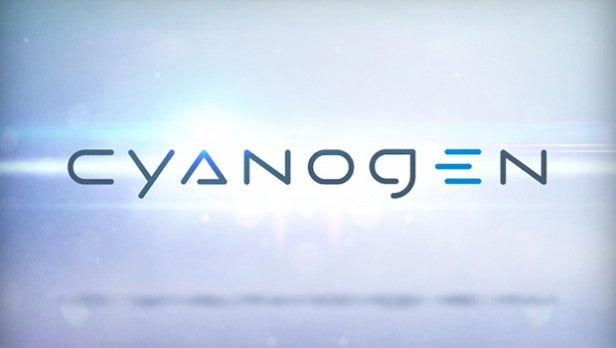

The Health Information Technology for Economic and Clinical Health (HITECH) Act of 2009, which is part of the American Recovery and Reinvestment Act (ARRA) (aka “stimulus package”), was signed into law with an explicit purpose of incentivizing providers (eg, hospitals and physicians) to adopt EHR systems. 5Įlectronic health record (EHR) systems have the potential to transform the health care system from a mostly paper-based industry to one that utilizes clinical and other pieces of information to assist providers in delivering higher quality of care to their patients. Yet, despite these advances in our society, the majority of patients are given handwritten medication prescriptions, and very few patients are able to email their physician 4 or even schedule an appointment to see a provider without speaking to a live receptionist. Relative to a decade ago, today more Americans buy airline tickets and check in to flights online, purchase goods on the Web, and even earn degrees online in such disciplines as nursing, 1 law, 2 and business, 3 among others.

Over the past decade, virtually every major industry invested heavily in computerization. Overall, experts and policymakers believe that significant benefits to patients and society can be realized when EHRs are widely adopted and used in a “meaningful” way. Moreover, EHRs are associated with potential perceived privacy concerns among patients, which are further addressed legislatively in the HITECH Act.

Despite these benefits, studies in the literature highlight drawbacks associated with EHRs, which include the high upfront acquisition costs, ongoing maintenance costs, and disruptions to workflows that contribute to temporary losses in productivity that are the result of learning a new system. Our paper describes the potential benefits of EHRs that include clinical outcomes (eg, improved quality, reduced medical errors), organizational outcomes (eg, financial and operational benefits), and societal outcomes (eg, improved ability to conduct research, improved population health, reduced costs). Much of the literature has focused on key EHR functionalities, including clinical decision support systems, computerized order entry systems, and health information exchange. In light of the changes anticipated from this policy initiative, the purpose of this paper is to review and summarize the literature on the benefits and drawbacks of EHR systems. The Health Information Technology for Economic and Clinical Health (HITECH) Act of 2009 that was signed into law as part of the “stimulus package” represents the largest US initiative to date that is designed to encourage widespread use of electronic health records (EHRs).


 0 kommentar(er)
0 kommentar(er)
